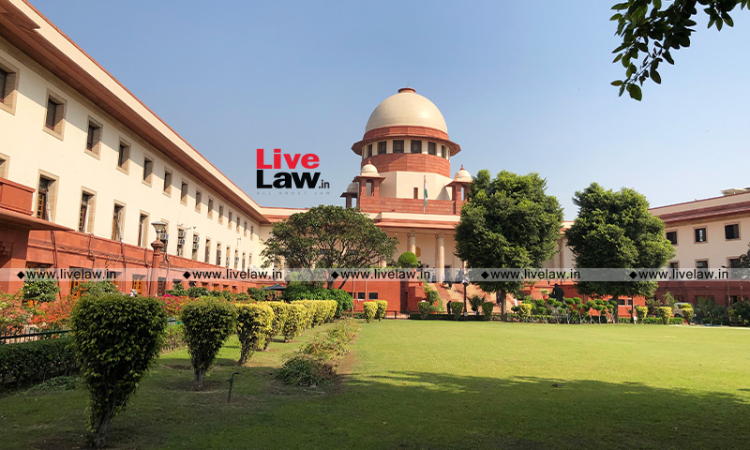'Abuse Of Process, Frivolous Litigation' : Supreme Court Affirms Cost Of Rs 5 Lakhs Imposed On Litigant
Mehal Jain
28 Jun 2022 12:56 PM IST

Next Story
28 Jun 2022 12:56 PM IST
Quoting its earlier observations about how "the Indian judicial system is grossly afflicted with frivolous litigation" and how "a new creed of litigants has cropped up which does not have any respect for truth", the Supreme Court has said that the Bombay High Court's imposition of Rs. 5 lakhs cost on a lady aged 78 was "absolutely justified" in view of her "consistent effort to abuse the...
